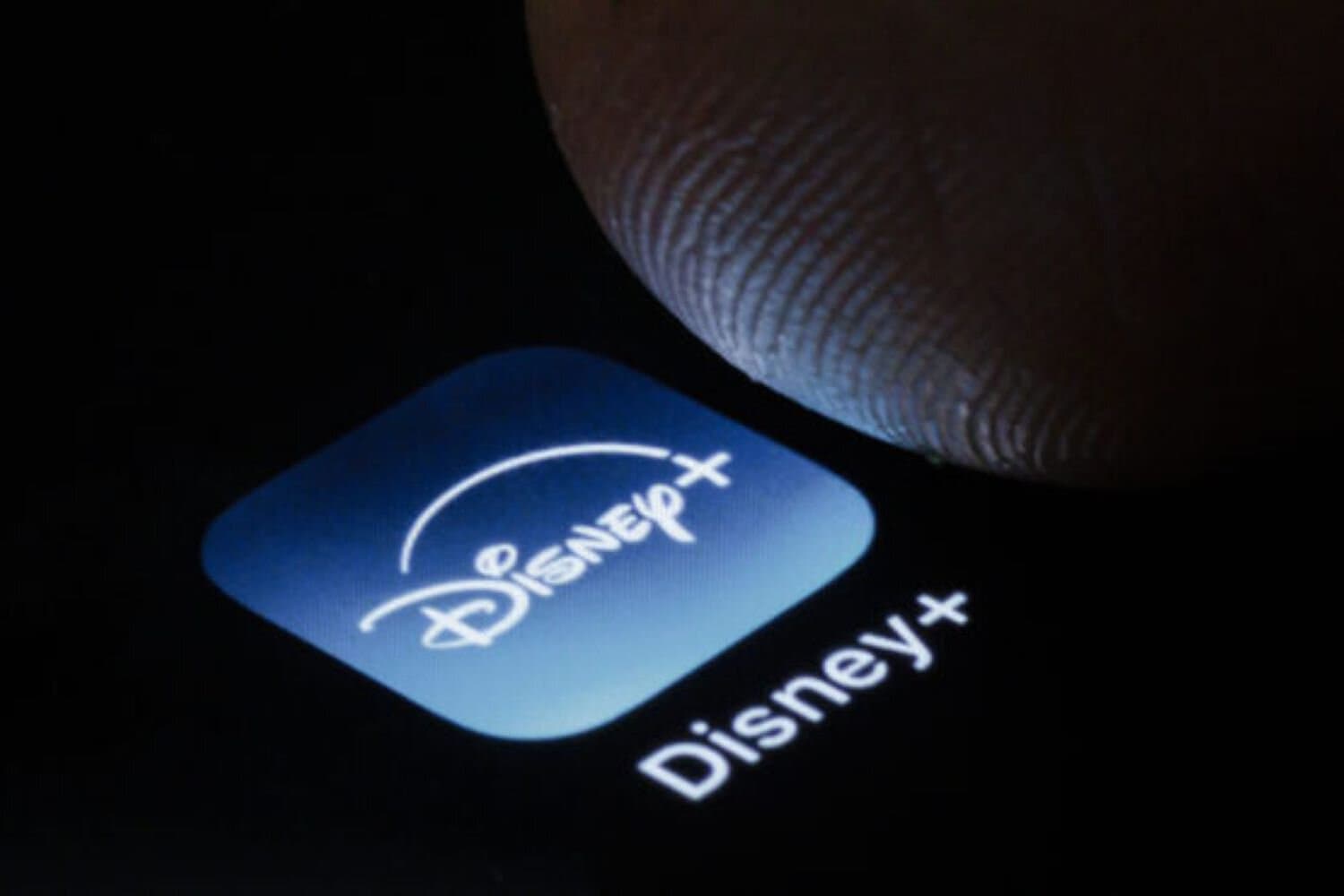Streamers like Netflix are increasingly buying sports rights.

The announcement seemed innocuous enough. At the beginning of October, Disney+ added its ESPN and ESPN2 live channels to its app at no extra cost.
This is the first time a livestream of a traditional pay-TV sports channel has been available in South Africa from a provider other than DStv.
The move, which brings the Disney+ streaming app in line with its other markets globally, allows subscribers to stream live leagues, including the EFL Championship (the second-tier competition below the Premier League), the Scottish Premiership, the Dutch Eredivisie, Saudi Premier League, as well as US sports such as the NFL, NBA and NHL.
ALSO READ: DStv’s MultiChoice makes changes to pave way for Canal+
Pre-Disney+ options
In 2024, MultiChoice Group-owned DStv tried to mop up additional demand that wasn’t met by its standard packages by offering a standalone Premier League plan on Showmax.
It later added PSL games (the Betway Premiership) to this offering, which starts at R99 per month. At launch, the price point was R69 a month.
The plan is available across the continent, which is incredibly important to the league. Premier League CEO Richard Masters has said that about 20% of TV audiences on any given matchday come from Africa.
Currently, a Premier League enthusiast can get access via the Showmax plan (also from MultiChoice) for R99 a month.
Contrast this with a DStv Compact streaming-only package that costs R399 per month (or R479 per month with a decoder).
A casual fan is able to watch the league on free-to-air TV. The SABC broadcasts one game a week (typically a Saturday 4pm/5pm kick-off, depending on daylight savings time).
ALSO READ: Competition Tribunal approves Canal+ and MultiChoice’s more than R50 billion deal
Sport is fundamental to DStv’s future
New owner Canal+ knows this.
The neat overlap of both group’s operations across the continent – there isn’t a single market where they are both active, aside from Mauritius – means it will be able to bid for sports rights for the whole continent going forward.
Given its popularity, the Premier League is a must-have. So too is the UEFA Champions League.
DStv’s SuperSport and Canal+ have both across sub-Saharan Africa.
And Canal+ will no doubt be slightly nervous about murmurs that Netflix is expected to “bid for the global rights to show one Champions League match per round”, according to The Times.
This comes as UEFA seeks to change the way it sells its TV rights from the 2027/28 season. Already, Amazon’s Prime Video service shows a match per round in the UK, Germany and Italy.
UEFA expects an increase of at least 10% on its income from rights, with streamers key to this uplift.
ALSO READ: Another year, another decline in DStv subscribers: Will Canal+ be buying a shell?
Competitive field
Netflix and Prime Video (and, to a lesser extent, Disney) have been bidding for or acquiring rights to sports leagues that had previously been the exclusive domain of pay TV operators such as Sky.
MultiChoice, in its last results presentation as a standalone company in June, pointed to “sport shifting to streaming” as a global trend that is seeing the industry undergo “rapid transformation”.
Along with the competition traditional broadcasters will face in the next UEFA rights window (from 2028), the current Premier League broadcast deals run to 2028/29.
The league will be paying close attention to the success of UEFA’s strategy to inform how it structures its rights going forward.
The Premier League is understood to harbour ambitions of launching a direct-to-consumer subscription offering.
This would however need to be very carefully balanced against the more than £13 billion in rights revenue it is generating under the current three-year cycle.
It will take its Premier League Studios operations in-house from next season, ending its long-running partnership with IMG. This unit is responsible for the world feed that operates 24 hours a day (‘Premier League TV’, which SuperSport subscribers receive).
ALSO READ: MultiChoice profit nosedives with huge decline in subscribers
Geographic pros and cons
Counting in Canal+’s favour (and that of MultiChoice) is that there are no obvious competitive bidders for these rights in sub-Saharan Africa. Netflix remains sub-scale compared to the combined group’s 40 million subscribers.
Given their relative importance to the core pay-TV offering, it will be prepared to pay a premium for these rights, as both it and SuperSport have in the past.
But a global deal with Netflix for one Champions League match a round means one less game available on pay-TV. This is how the value proposition will be eroded over time.
One less live fixture. One fewer football league (Germany’s Bundesliga is available on SABC Plus and not SuperSport, for example).
SuperSport (and Canal+) have to keep as many of these key sports rights as possible to ensure that subscribers continue to see value in paying for their content.
In the past year, SuperSport has renewed rights for key properties like La Liga and Serie A, Six Nations rugby, the PSL, CAF competitions, Wimbledon, The Masters, the FA Cup and Varsity Sports.
ALSO READ: DStv struggles to retain subscribers across the board
Local content
International rights are important, but local content is absolutely critical.
Deep, long-term relationships like those SuperSport has with SA Rugby, Cricket SA, and the PSL mean it is realistically the only player when it comes to rights for Springbok rugby games, for example.
And it is able to produce documentary-type content like Chasing The Sun at a fraction of the cost of an independent producer.
Globally, there is a trend towards this type of content – witness the explosion of sports documentaries on Netflix, for example.
Sports content where SuperSport is a shareholder, like SA20, is a further strong differentiating factor.
ALSO READ: No more DSTV in Malawi − Multichoice suspends service with immediate effect
A further dark horse …
Along with SABC Sport’s decent start on the surprisingly successful SABC Plus platform, free-to-air broadcaster e.tv is a further dark horse. It too has ambitions in the sports category. In April, it added Ghana’s SportyTV channel to its Openview satellite platform.
While e.tv has rights for Premier League matches in Ghana and Nigeria, these aren’t available in South Africa.
However, it shows live UEFA Women’s Champions League, La Liga, Serie A and EFL Championship matches each weekend, along with those from lesser-known leagues such as the Greek Super League, Japan’s J League and the Argentina League.
It also shows more niche content, such as the recent Chelsea Legends vs Liverpool Legends game, which would typically only be available directly from the clubs.
Watch this space
A lot is riding on the upcoming UEFA Champions League broadcast deal.
And once that genie is out of the bottle, expect the global sports rights market to change forever.
This article was republished from Moneyweb. Read the original here.






